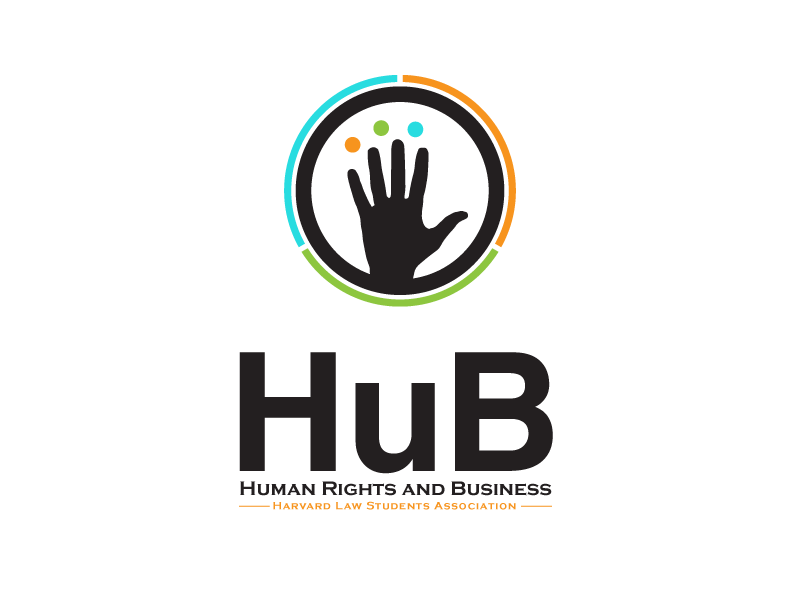The field of Business and Human Rights (“BHR”) is highly interdisciplinary and complex. Instead of attempting to boil down the entire field into a short, paragraph-long description, we have provided you with resources to learn more about the topic’s major principles through documents that have been foundational for the field.
The UN Guiding Principles on Business and Human Rights
In June 2011, the United Nations Human Rights Council endorsed the UN Guiding Principles on Business and Human Rights. This move established the Guiding Principles as the global standard of practice that is now expected of all States and businesses with regard to business and human rights. While they do not by themselves constitute a legally binding document, the Guiding Principles elaborate on the implications of existing standards and practices for States and businesses, and include points covered variously in international and domestic law. The Guiding Principles outline the specific steps companies should to conduct human rights due diligence.
This Interpretive Guide, which focuses on the corporate responsibility to respect human rights was developed by OHCHR and in collaboration with the former UN Special Representative. It offers additional background explanation to the Guiding Principles to support a full understanding of their meaning and intent. It is designed to support the process of effective implementation. OHCHR even developed an FAQ to follow up on their guiding principles.
The Organisation for Economic Co-operation and Development (OECD) Guidelines for Multinational Enterprises are recommendations addressed by governments to multinational enterprises operating in or from adhering countries. They provide non-binding principles and standards for responsible business conduct in a global context consistent with applicable laws and internationally recognized standards. The Guidelines are the only multilaterally agreed and comprehensive code of responsible business conduct that governments have committed to promoting. The OECD has also issued sectoral guidance on Responsible Business Conduct.
The Business and Human Rights Resource Centre
This comprehensive portal on business and human rights includes updates on legislation, policy, cases, tools and initiatives as well as jobs and events.
The Global Compact is a call to companies everywhere to align their operations and strategies with ten universally accepted principles in the areas of human rights, labor, environment and anti-corruption, and to take action in support of UN goals and issues embodied in the Sustainable Development Goals. The UN Global Compact is a leadership platform for the development, implementation and disclosure of responsible corporate practices. Launched in 2000, it is the largest corporate sustainability initiative in the world, with more than 8,000 companies and 4,000 non-business signatories based in over 170 countries, and more than 85 Local Networks.
ETI Human rights due diligence framework
In June 2016, the Ethical Trading Initiative (ETI) published its new Human Rights Due Diligence Framework. This document serves as a guide for companies to help manage and mitigate labor rights risks, and understand why engagement, negotiation and collaboration is the best way to succeed. It was developed through a collaborative approach with senior representatives of ETI’s tripartite membership group which includes trade unions, companies and NGO’s, and is closely aligned to ETI’s Base Code and Principles of Implementation, the UNGP’s, the OECD Guidelines for Multinational Enterprises, Shift’s UNGP Reporting Framework and other relevant human rights standards and guidelines.

Recent Comments